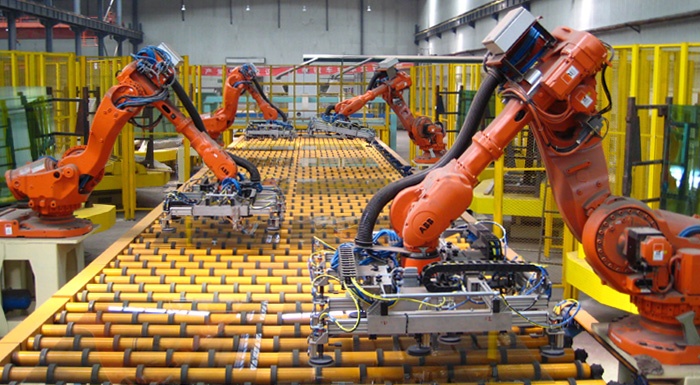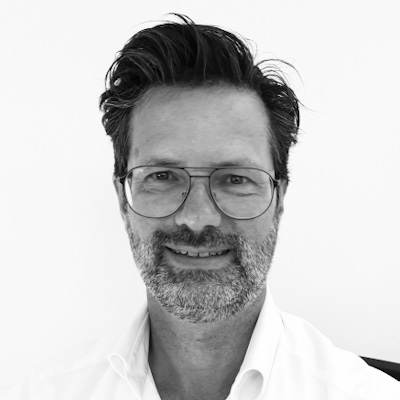
The Dutch manufacturing industry is, besides a huge source of employment, also important with regard to economic recovery. Many companies in the Dutch manufacturing industry are also ambitious and have expansion plans. In conclusion: the Dutch manufacturing industry is flourishing. Time to take a look at the future.
Maintaining level of knowledge
Our manufacturing industry is characterized by a high knowledge level. In order to maintain this internationally distinctive ability, it is necessary that this knowledge level is maintained by investing in this.
Maintaining knowledge is all about collaboration. On the one hand, this concerns collaboration with universities and technical institutes, and on the other it concerns collaboration between various suppliers. The smallness of scale of the Dutch manufacturing industry ensures that the threshold of mutual knowledge sharing is low.
Collaboration between the various organisations occurs increasingly often. They will continue to carry out R&D, sales and service independently, but the remainder will be done in collaboration with other suppliers. This leads to a bigger focus on product development and shorter delivery times.
Sustainability
The Dutch manufacturing industry plays a leading role when it comes to sustainability. Climate change and a shortage of raw materials, energy and water, make sustainable production necessary. The Netherlands plays a leading role in this. Big industrial partners have also imposed their goals with regard to sustainability on their suppliers, making sure the chain is pushed forward in the right direction. At the same time, industrial processes have been made more sustainable.
The fourth industrial revolution
Industry 4.0 (also called the smart factory), in which everything inside the factory has been automated and can communicate with each other. All processes are fully automated and the workload is divided intelligently and flexibly between the various machines.
It is estimated that production costs can be reduced with as much as 30 to 50 percent. Over the coming years, the Dutch government will invest 150 million Euros in this new industrial revolution. The use of robots can also provide more sustainability because it accommodates a more clever way of using raw materials, with as a result less waste.
Innovation as a way of competing
The Dutch manufacturing industry is known for its innovation. An innovative character is necessary because you can only compete with low-wage economies by means of innovative products. By continuously innovating in better machines and processes, it becomes possible to produce in a cheaper way, despite the high wages. This is the only way to maintain a competitive advantage.
Post en Dekker, as system developer for OEM organisations, has a wealth of experience when it comes to process and product innovation with as goal to achieve competitive advantage. We have come up with, for example, smart modular product families in order to bring about a strategic advantage. If you would like to know more about this, make an appointment with us!











